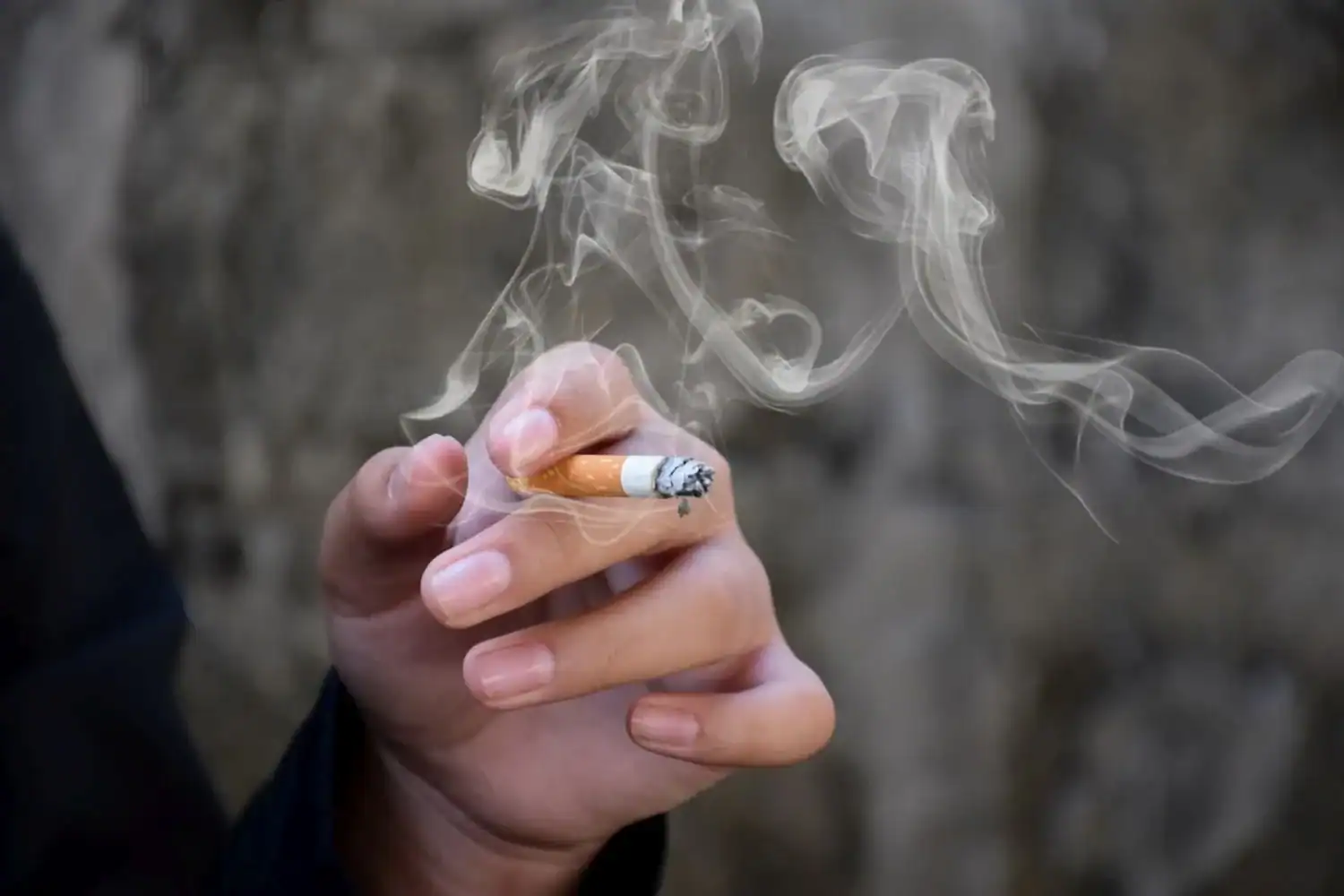The proposed tobacco bill could change the way smokers access and enjoy cigarettes

British American Tobacco South Africa (Batsa) has warned that the pending tobacco bill could make life easier for illicit traders.
The tobacco giant gave a presentation to parliament’s portfolio committee on health on Tuesday, where it outlined its opposition to the bill.
The Tobacco Products and Electronic Delivery Systems Conrtol Bill could introduce a host of changes to the way smokers access and enjoy their vice of choice.
Illicit trade doubles in 10 years
Batsa’s presentation explained how South Africa saw a excise tax loss of over R4 billion while smoking was banned during the 2020 government-mandated Covid lockdowns.
Head of Corporate and Regulatory Affairs at the company’s sub-Saharan Africa office, Johnny Moloto, said the industry was now dominated by illicit trade.
Moloto highlighted how, in the space of 10 years, the illicit trade has gone from 35% of the market to roughly 75% currently.
ALSO READ: Sars fights on, as illicit trade ‘devastates’ SA’s fiscus
He stated that the trend was cemented during the 2020 cigarette sales ban that saw smokers hunting for alternatives.
Batsa’s footprint in South Africa includes a factory exporting to eight markets, 35 000 industry-related jobs and 1 600 employees and a GDP contribution of R14.8 billion.
“We as Batsa contribute R8 billion annually in taxes to the fiscus, yet we are expected to compete against criminal syndicates,” Moloto said.
Plain packaging an own-goal
He explained that Batsa believes the bill is “fundamentally flawed” due to a lack of both compliance and enforcement.
“This impact will only be felt by a small, compliant minority while the illicit majority thrive,” said Moloto.
“Every measure that we believe makes legal products less accessible or more expensive, we believe will drive more consumers towards the illicit market, where government has zero control over the contents, quality and age restrictions.”
Some of the key outcomes of the bill aim to convert all indoor public spaces into smoke-free zones, mandatory plain packaging and a ban on cigarette vending machines and product displays.
Moloto stressed that forcing manufacturers to release products in plain packaging would aid illicit sales as it would make it harder to detect counterfeit goods.
Additionally, removing product displays at points of sale would deny consumers the ability to make informed decisions.
The bill would also regulate vaping, with Moloto urging the committee to consider changes that would differentiate between combustibles and smokeless products based on risk levels.
NOW READ: Tobacco Bill bans sale of loose cigarettes – informal traders fear bankruptcy






